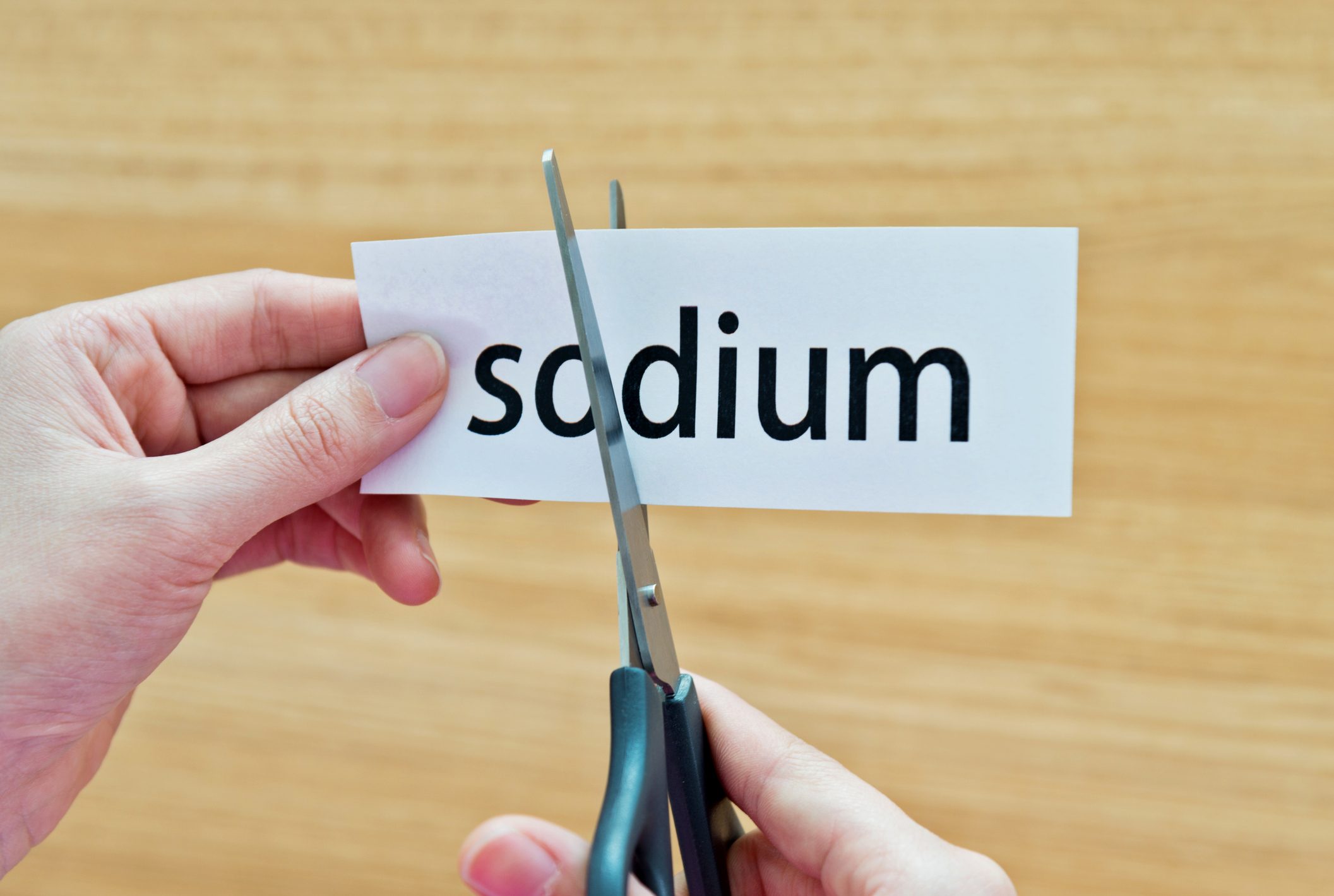Pregnant? Here Are the Foods You Should Avoid (And the Ones You Shouldn’t)
Eating can get complicated once you’re pregnant. Between nausea, heartburn, and extreme cravings, it seems like your relationship with food is neither here nor there. But there are quite a few foods you should definitely avoid, because they can be unsafe for you and your unborn baby. Read on to find out more!
;Resize,width=742;)
If you wanted to know what foods you should stay away from, then read on. We have five foods you should avoid and five foods you should make sure you consume!
WHAT TO AVOID:
Alcohol

No matter how many times you’re heard that French women drink wine when pregnant, most doctors will agree that it’s best to stay away from alcohol completely. While excessive drinking obviously has its detrimental effects (e.g. fetal alcohol syndrome), even small amounts of alcohol can be harmful to baby. It affects brain development and growth. Rather wait until the baby arrives before you reach for your glass of vino!
Coffee

Coffee lovers everywhere are probably cringing, but it should be noted that caffeine is not the best for your unborn baby. And there’s a good reason for this. While most grown-ups have enzymes that break down the caffeine in their bodies, babies lack this enzyme. And the enzyme is also not as active when you’re pregnant. This means that the caffeine stays in your body for longer, which could lead to miscarriage. If you absolutely have to have your cuppa, stick to one cup a day.
Deli foods

We know it looks delicious, but deli meats and smoked seafoods are foods mostly implicated with listeriosis outbreaks. While the bacteria responsible (Listeria monocytogenes) can cause mild flu-like symptoms in the mother, it can lead to miscarriage or stillbirth. If the baby survives, it can cause lifelong health issues. If you buy any ready-to-eat foods, make sure to heat in properly before eating it.
Soft cheese

Because of the same reason stated above, it’s best to stay away from soft cheese. Unlike ham, which you can still cook, most soft cheeses are eaten raw, and can be contaminated with Listeria. The bacterium can also live (and grow) in the refrigerator. So just because you keep it refrigerated, does not mean it’s safe!
Fish

While some fish are safe to eat, there are many types that contain high amounts of mercury. This metal can accumulate in the unborn baby and impede their development. The ones of special concern are mackerel, shark, and swordfish. It goes without saying that you should also avoid raw or undercooked seafood.
WHAT TO EAT MORE OF
Eggs

While undercooked eggs are a big no-no (raw eggs carry a risk of Salmonella), cooked eggs offer a lot of nutrition. In fact, not only is it high in protein, but it’s also a major source of choline – a nutrient said to have a beneficial effect on cognitive function of babies! If you don’t want to eat eggs, you can also eat edamame beans, mushrooms, or chicken.
Salmon

Unlike mercury-laden fish, salmon is a safe option. It’s rich in omega-3 fatty acids which is said to reduce inflammation and oxidative stress. This in turn, could reduce your risk of preterm birth. You can also use omega supplements if you don’t have access to fresh salmon in your area. Other safe fish options are herring, sardines, and anchovies.
Spinach

The key nutrient in spinach is folate. This B vitamin is absolutely essential for a healthy baby. In fact, women who have lots of folate in their diet are less likely to have babies with birth defects. Because it’s so difficult to consume enough foods with this vitamin, most expectant mothers are advised to take supplements.
Red meat

Red meat gets a lot of bad publicity, but lean cuts can actually be good for you if you’re pregnant. It’s high in iron, a component of hemoglobin. Hemoglobin is necessary for the transport of oxygen in your body, which is especially important if you have an extra body you need to supply oxygen for! Try to eat lean red meat about once a week!
Salt

You’re probably surprised to see salt on the “safe” list, but when consumed in moderation, salt is actually good for you. Table salt is fortified with iodine, a mineral essential for proper thyroid function. This helps to regulate you and your baby’s metabolism. You can also look out for vitamins that contain this mineral.
;Resize,width=767;)
;Resize,width=712;)
;Resize,width=712;)
;Resize,width=712;)
